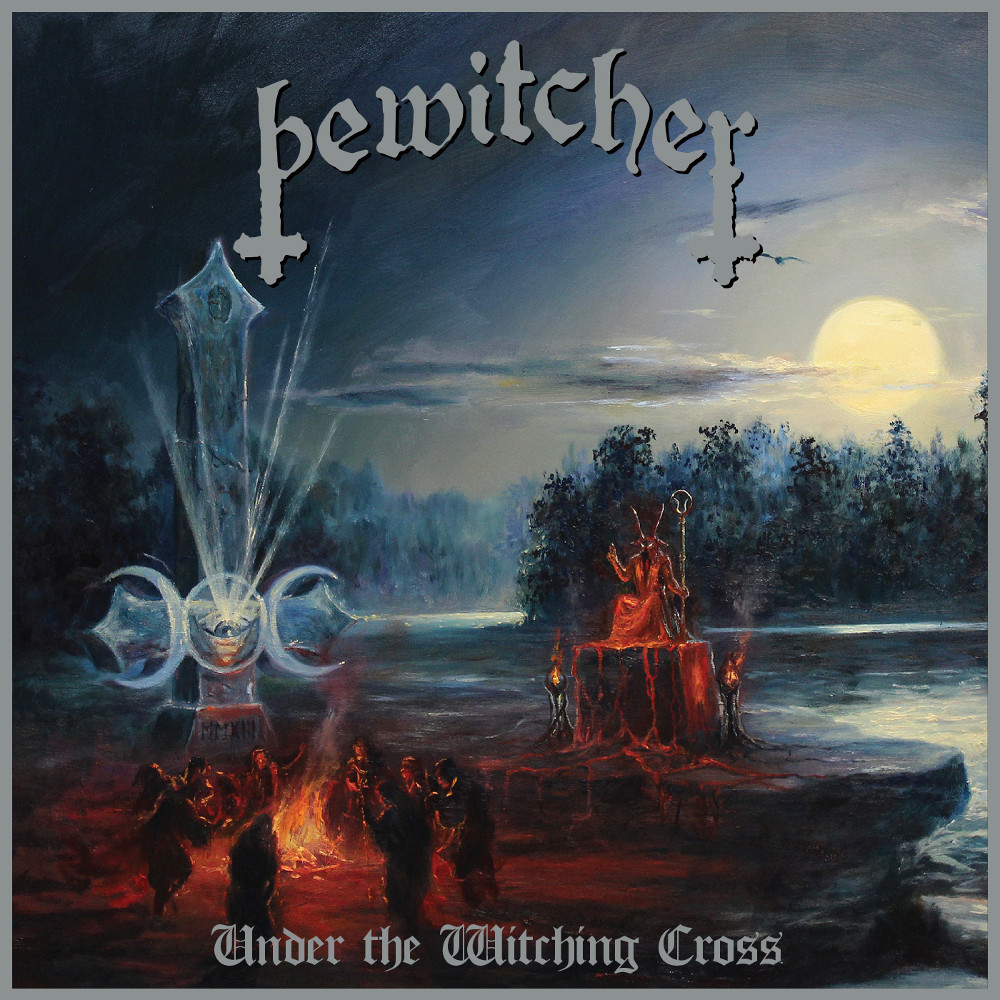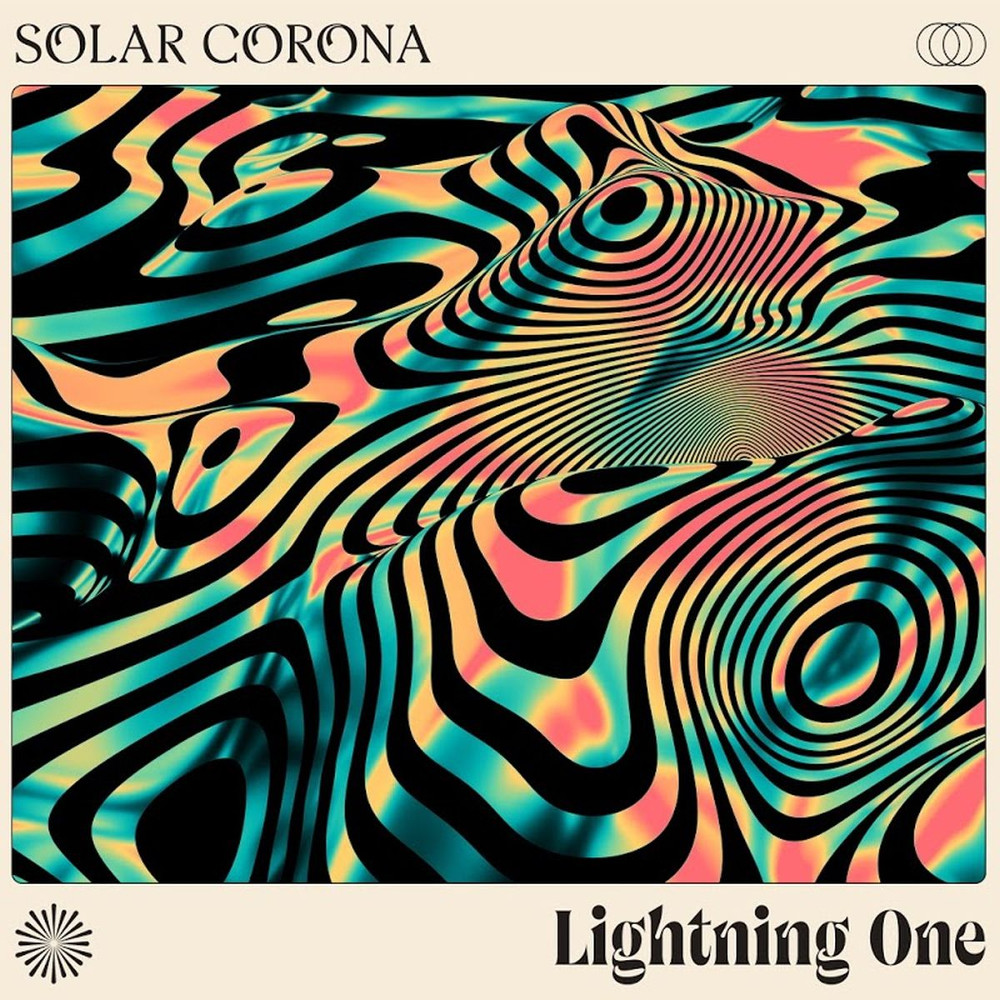 |
Country: Chile
Style: Heavy/Power Metal
Rating: 7/10
Release Date: 22 Jun 2019
Sites: Facebook | Metal Archives | YouTube
Tripulante may only be a trio but they sound like a much bigger band, maybe because they're ably qualified. They're from Calama in northern Chile, but they trained in the neighbouring nation of Bolivia.
Vocalist Aymarita Colque was a concert pianist who studied for a Bachelors in Music in La Paz. Julio Cesar Moya, the band's composer who provides all of the instrumentation, studied at the National Conservatory of Music in La Paz. His recorded output is wildly varied, running the gamut from hardcore punk to heavy metal via folk fusion and he also studied under the Peruvian jazzman Ernesto Loyola.
To keep Moya's resume growing, this is a power metal album with some local flavour added to the mix. Colque sings in Spanish, of course, but there are a few folky touches here and there, most obviously in a brief instrumental called Sobrevigencia, or Survival, that serves as an intro to Cruz y espada (Cross and Sword). That's not remotely enough for Mensajero del tiempo, or Messenger of Time, to count as a folk metal album, but that ethnic flavour isn't absent.
Most of what we get here is Julio Cesar Moya as a one man band. He provides the guitars, bass, keyboards and some of the drums too, performing material that he wrote. It's powerful and intricate stuff, led by his guitarwork but with textured keyboards and rumbling bass backing it up. It's telling that he never seems to be a player of one instrument, even though the guitar is clearly dominant. When he plays the keyboards, for instance, he isn't doing it just to back up his guitars, he's doing it as a keyboard player.
On some tracks, the drums provide the usual accompaniment, like on Paniri, named for a Chilean revolutionary, Tomás Paniri. On others, they keep the beat slowly but add a lot of fills, as if the idea is for the drums to be a lead instrument at this point. He doesn't take that idea too far but it's there and just noticing it is a compliment to Moya.
And then there's Aymarita Colque, who's a powerful singer who fits the power metal style wonderfully. I like her voice when she's not stretching herself at all and I like it even more when she ramps it up and allows her notes to really sustain. She has some serious pipes, as she perhaps shows us best on Ancestralidad (or Ancestrality), on which she demonstrates both a range and a power that's highly impressive. Her voice tends to be lower than we might expect for a female vocalist, but she has range and I adore the high note she keeps hitting on the second repeat of the title!
Oddly, she's not as pervasive as we might expect her to be. This album runs 35 minutes and only the two short intros are instrumental, but each time I listen through it, the more it shifts from a regular vocal led album to an instrumental affair on which she shows up reasonably often to add vocals. I must say that she's a very welcome addition when she does, but the point is that the album would work without her, albeit on a utterly different level, while it couldn't exist without Moya.
In a way, this makes it the best of both worlds. It feels like an excellent instrumental album, but with the vocals of Colque a real highlight. I know that sounds ridiculous because it can't be a vocal album and an instrumental one but that's how it seems to play.
Like the Чиста Криниця album from earlier today, it's very consistent, but in its style as much as its quality. There's not a lot of variety on offer but the band do what they do well and it's hard to choose favourite tracks. I think I should shout out for Ancestralidad because Colque is so good on it, but I don't dislike anything here. Is the title track better than Cruz y espada or Como el cóndor (Like a Condor)? Who cares? They're all worth your time.
While the musicians aren't new, Tripulante are, this being their debut album only a year after coming together as a band. If they're this consistent this quickly, then I really can't wait for the next album! Let's see how they can grow!








